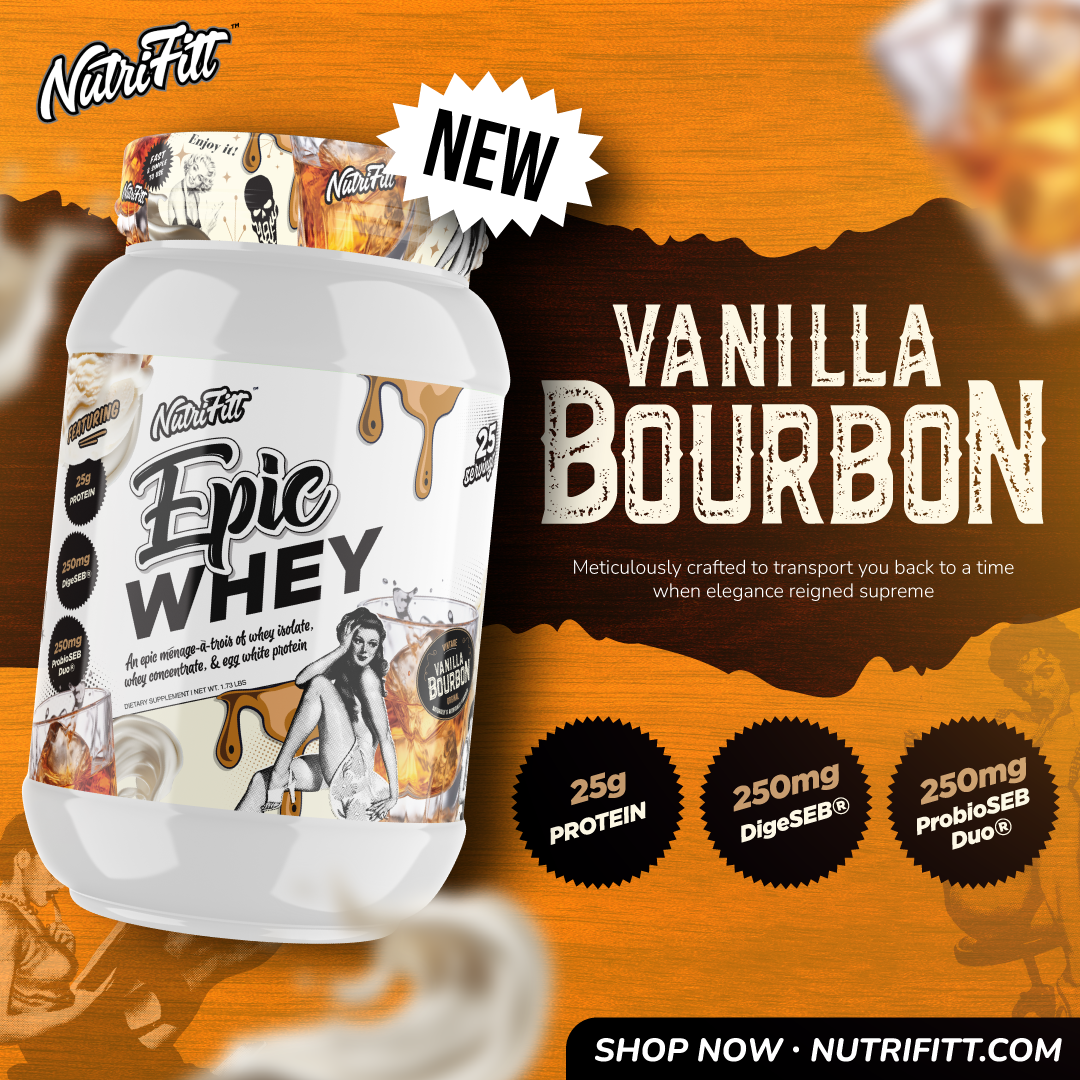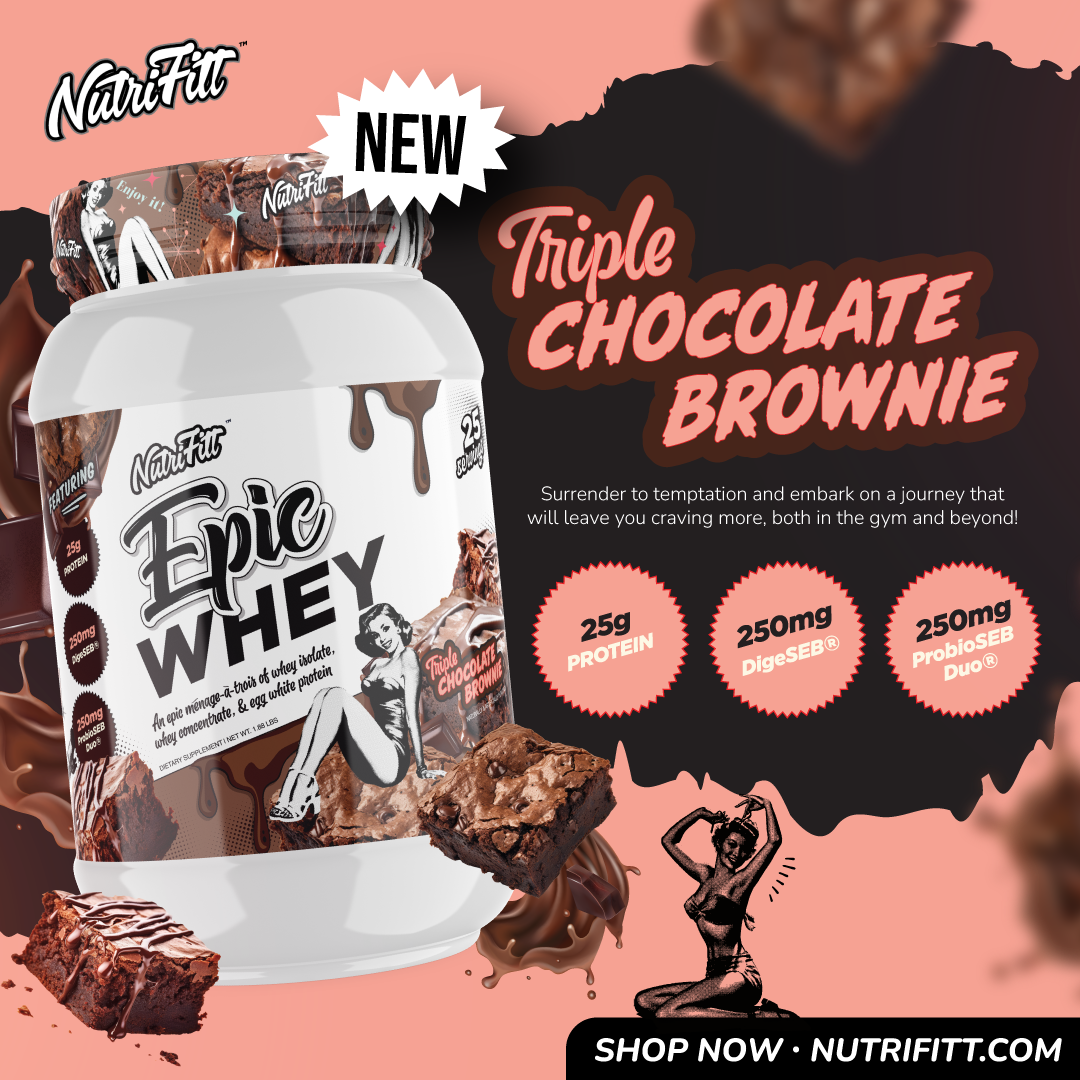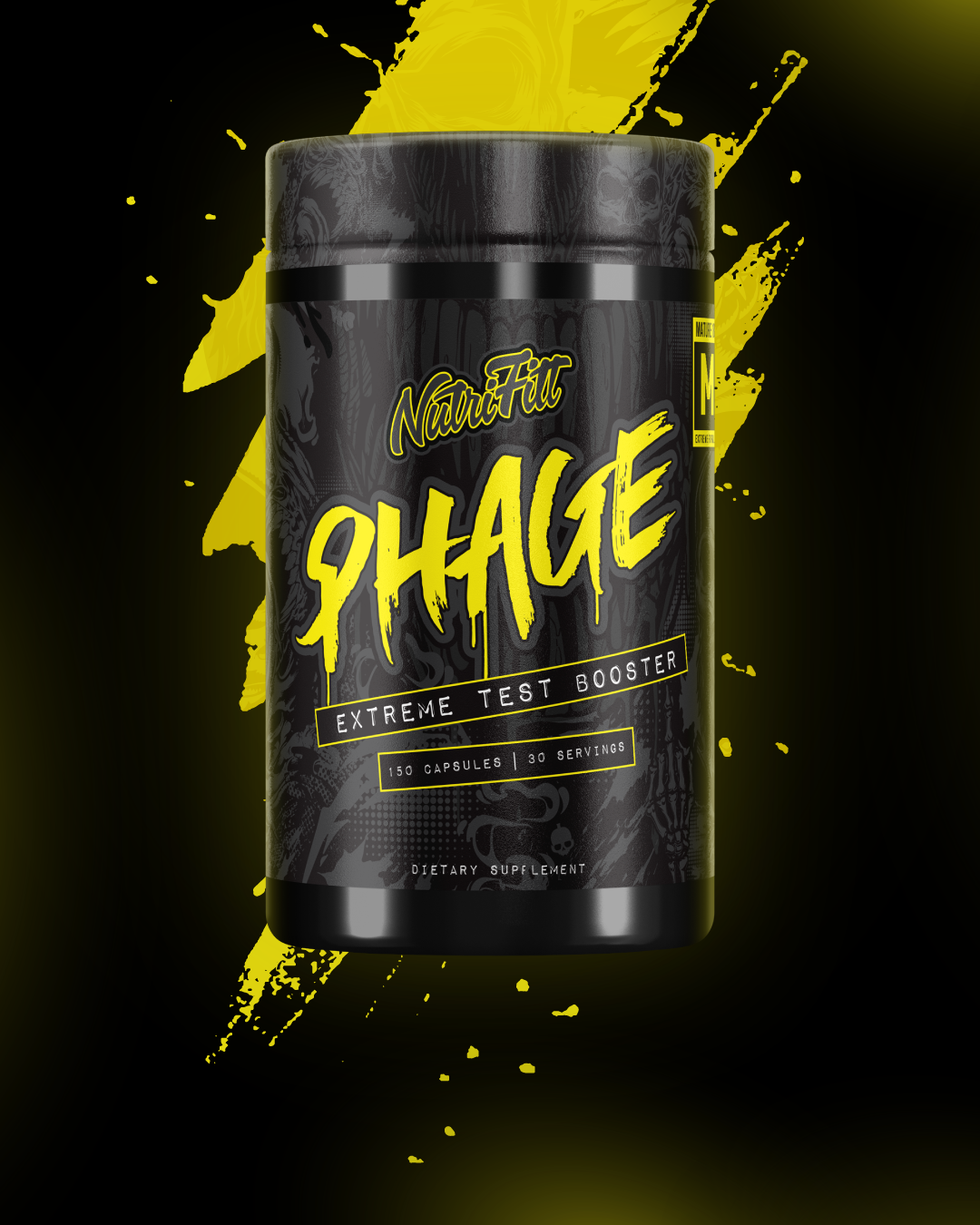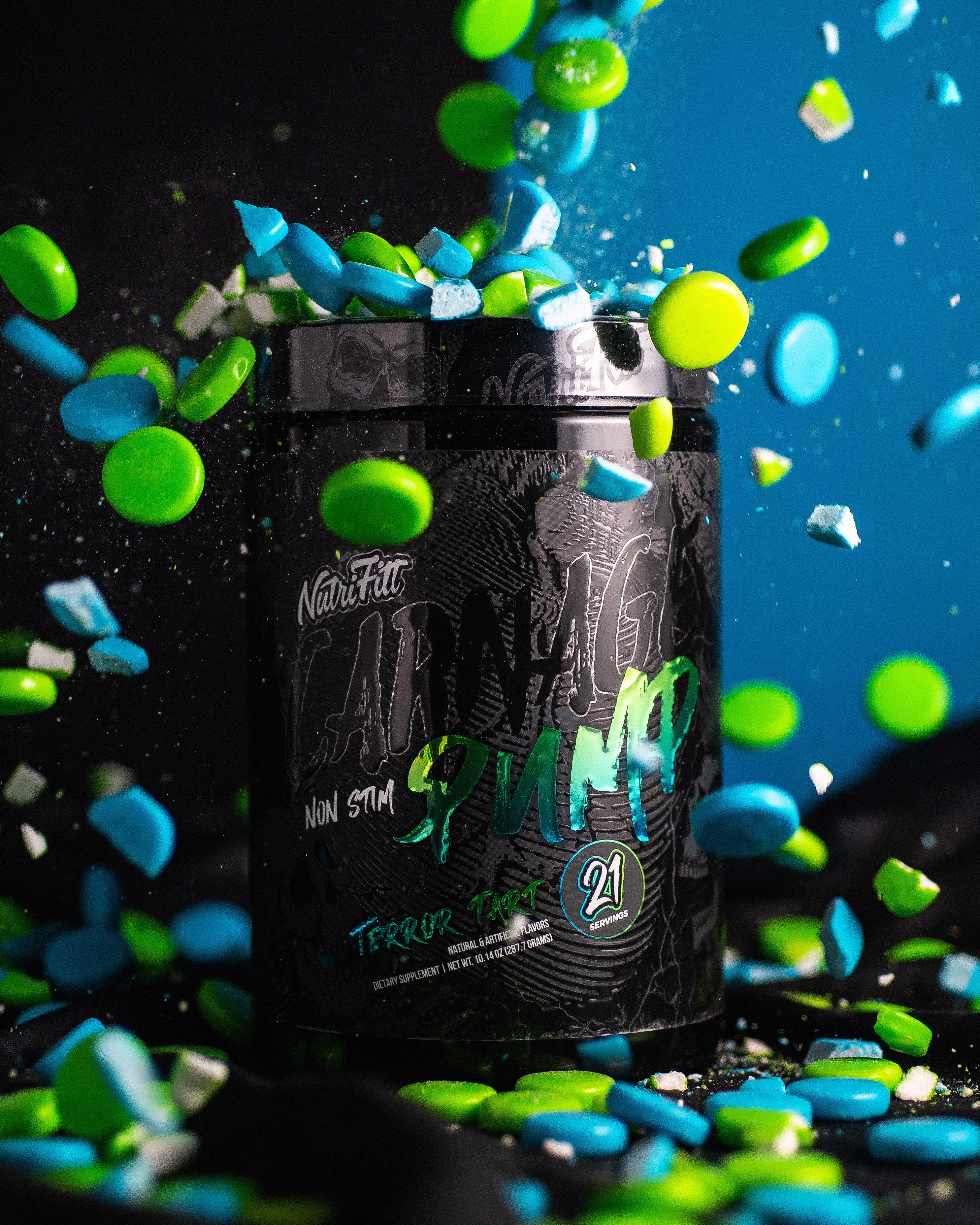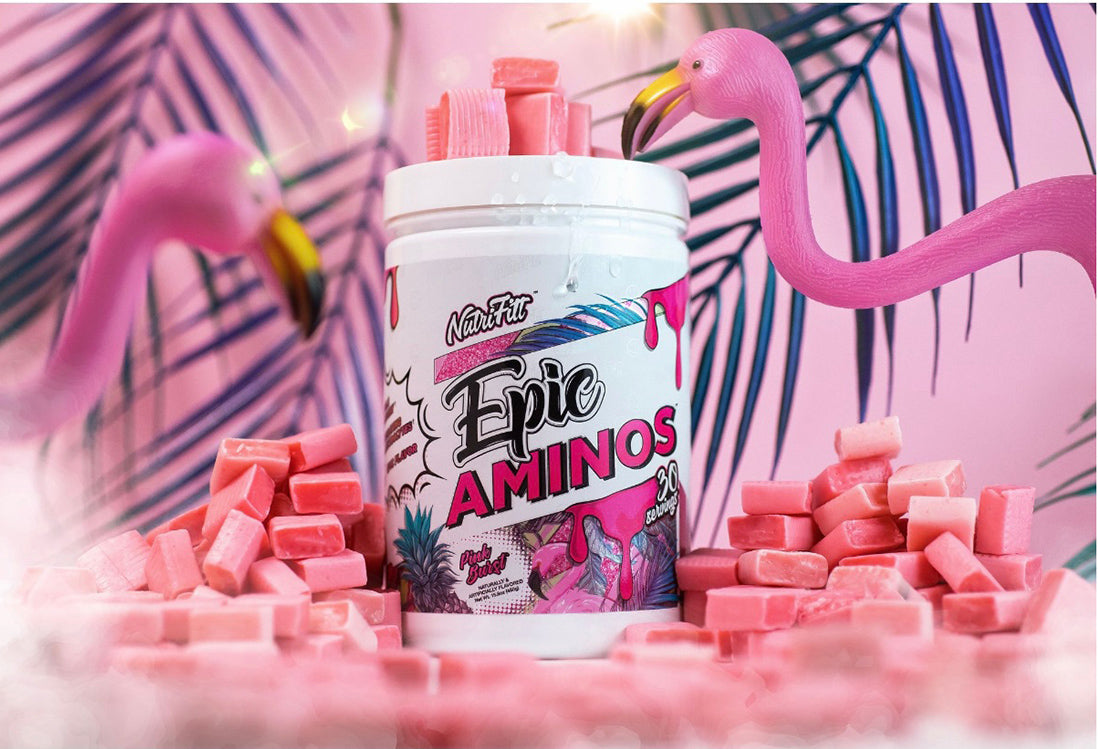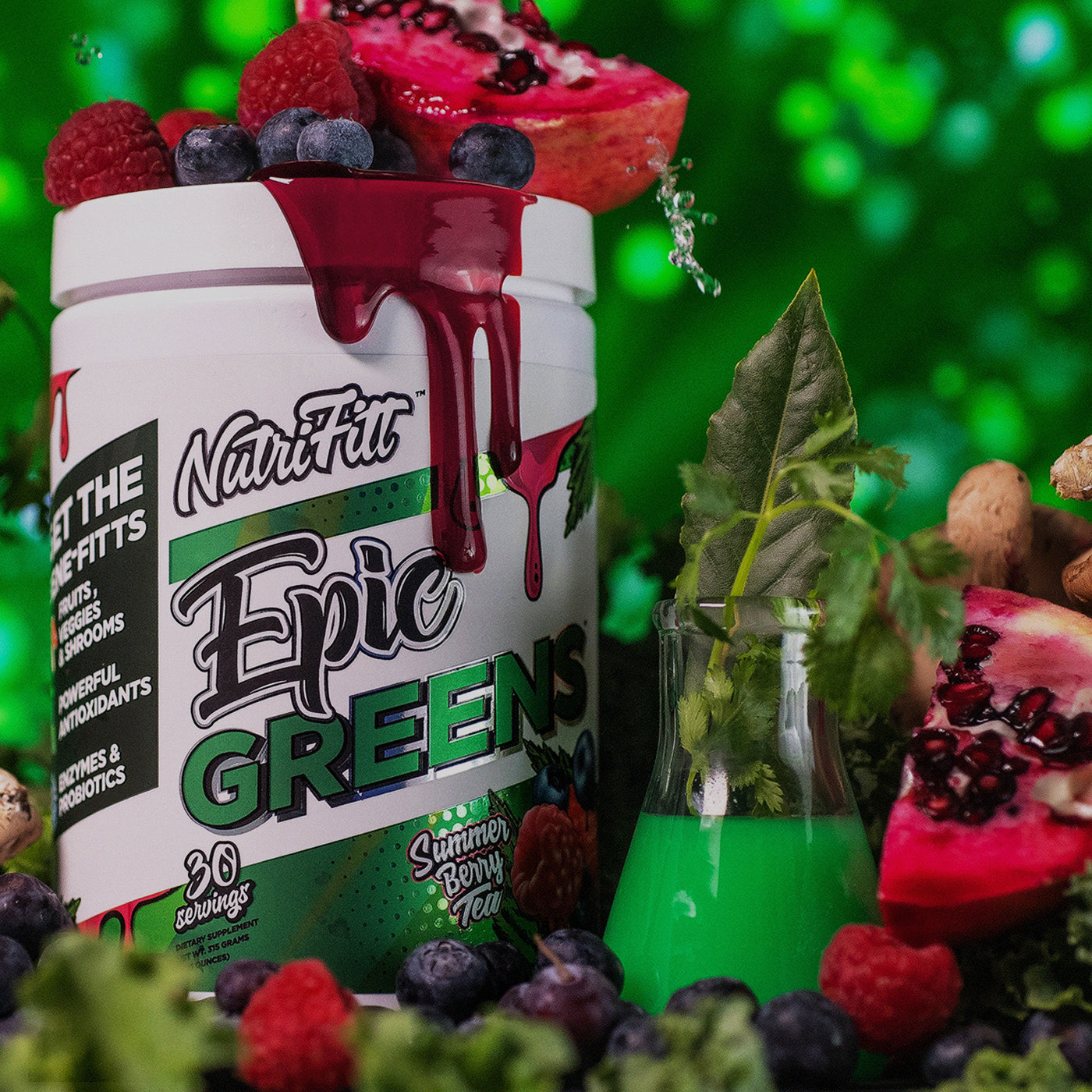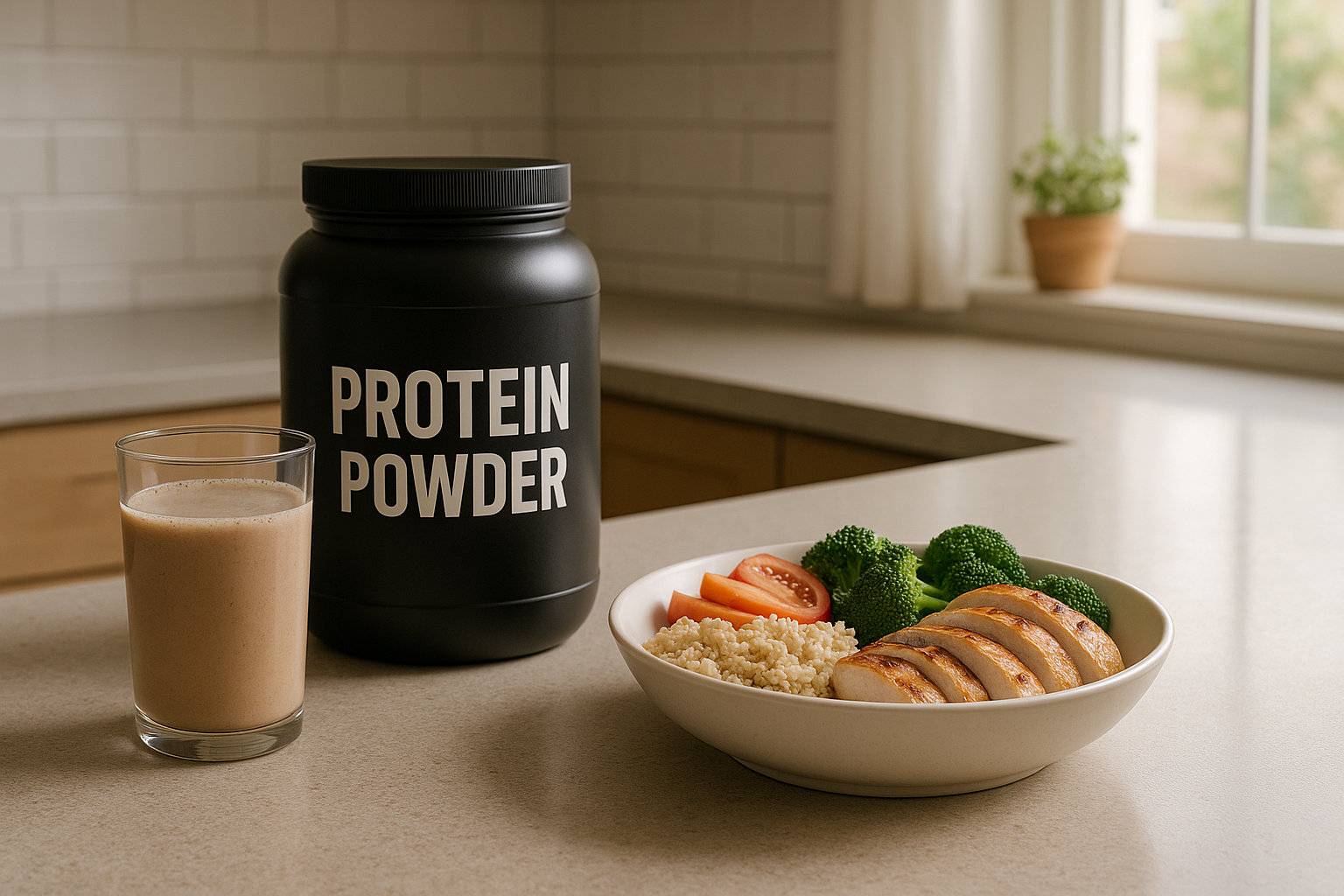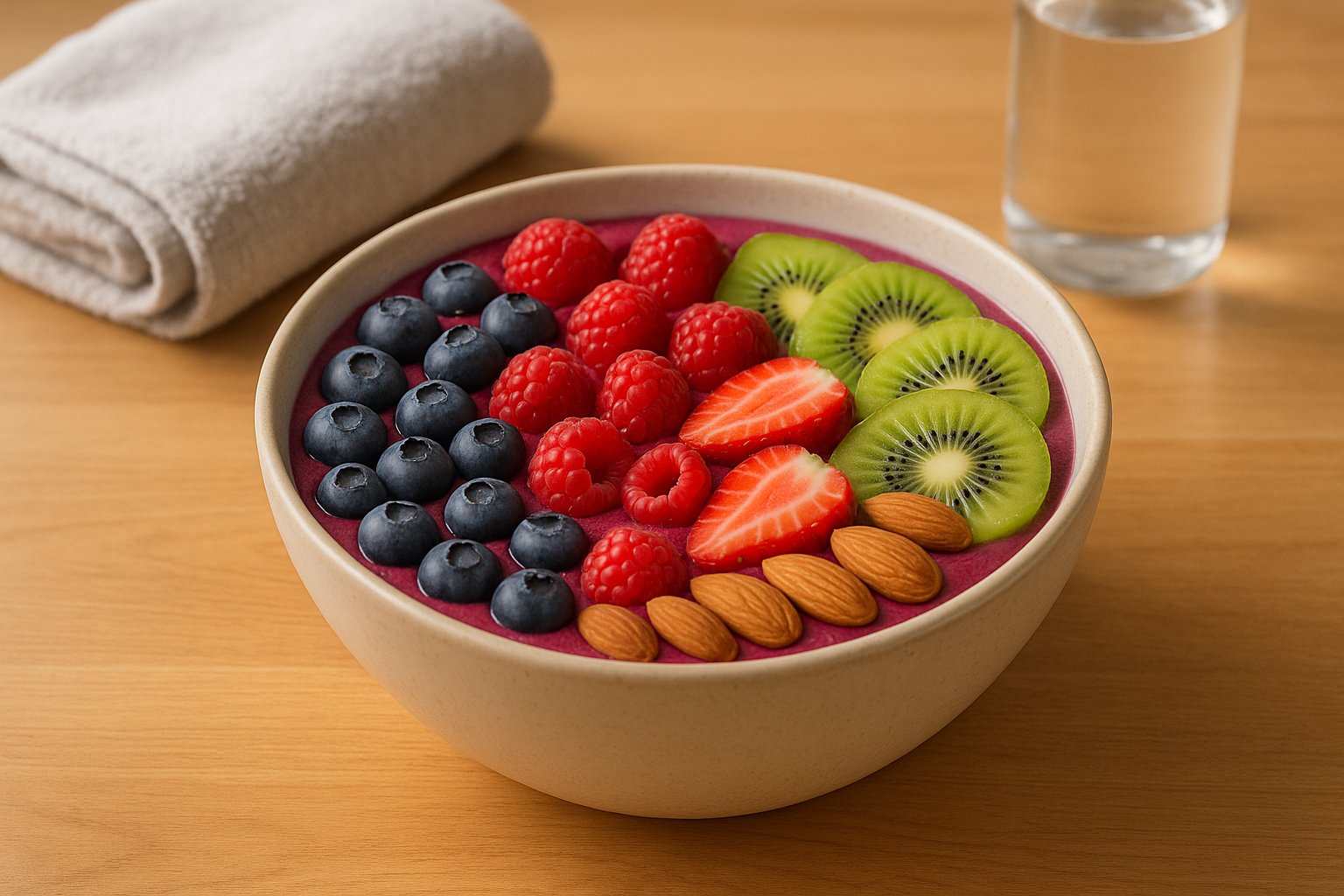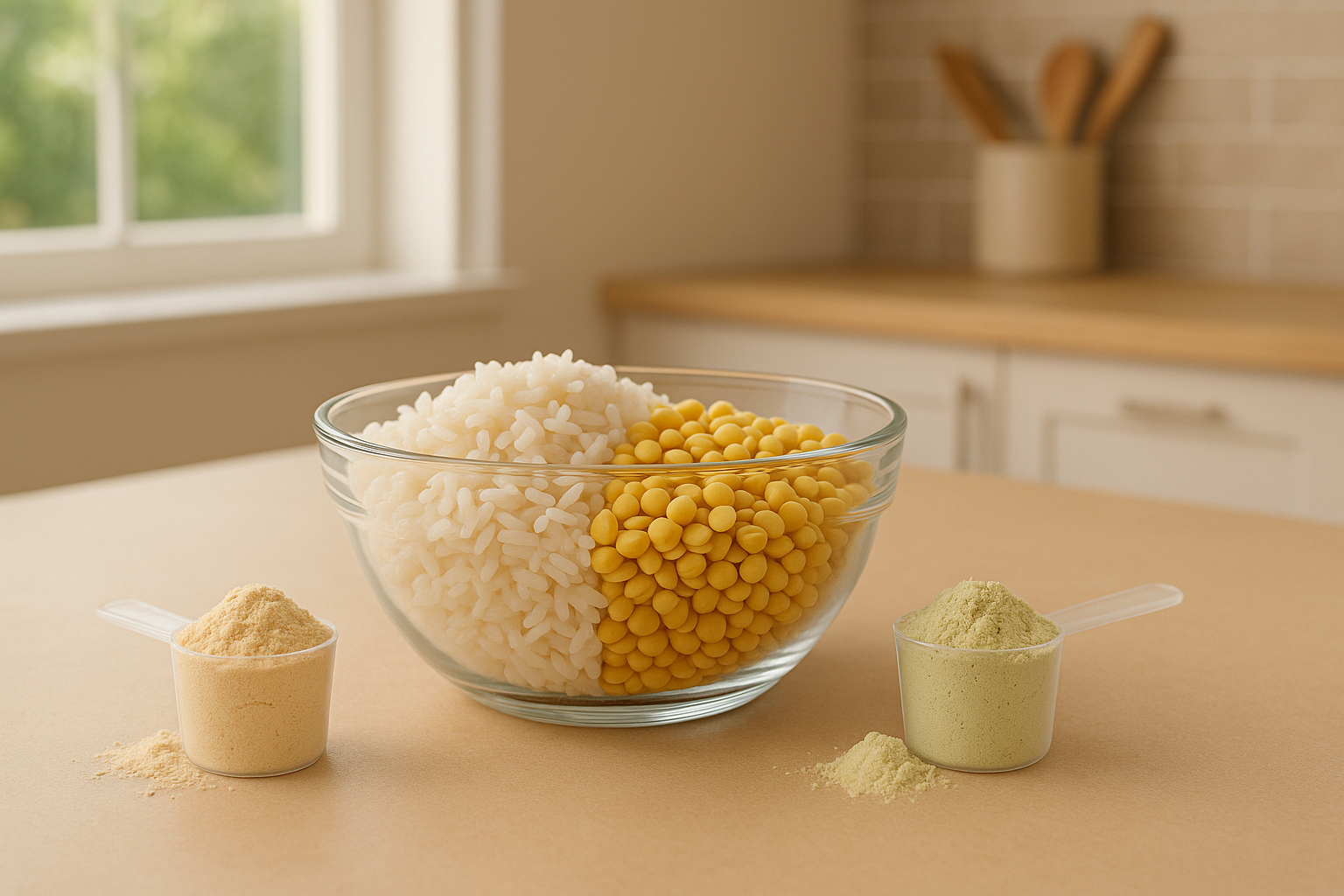
The Best Foods To Fight Inflammation
We all know that inflammation can be harmful in the wrong scenario. Too much inflammation, for too long, is associated with all kinds of poor health outcomes. Chronic inflammation can lead to chronic kidney disease, various cancers, and even heart disease. It’s not good to leave inflammation unchecked, but it isn’t good to constantly take NSAIDs or prescription anti-inflammatory drugs, so what can we do about it? Remaining active, sleeping well, and managing stress can all help mitigate inflammation, but so can our diet. Luckily for us, there are ways we can manage inflammation with our food choices.
1. Berries
Berries are packed with anthocyanins, which are anti-inflammatory antioxidants shown to reduce the risk of developing all sorts of inflammation-associative diseases such as Alzheimer's, type 2 diabetes, and even heart disease! There are several human studies examining the effects of various berries on human health outcomes, and most show that consuming berries help produce more immune cells called natural killer cells, which fight off infection. Other studies have shown that consuming berries reduce inflammation that leads to the development of heart disease.
2.Salmon
Salmon, and other fatty fish, are packed with omega-3 fatty acids. Omega-3s are comprised of eicosapentaenoic acid (EHA) and docosahexaenoic acid (DHA), which are the keys to fighting inflammation. EPA and DHA reduce inflammation all over our bodies and have been shown to reduce chronic levels of inflammation, helping offset inflammatory disease. Some users of Omega-3 supplements have even reported reductions in joint pain and discomfort, likely due to reduced inflammation!
3.Broccoli
Broccoli is a nutrient-rich vegetable, full of fiber, that makes a cheap, easy-to-prepare vegetable that also fights inflammation. Broccoli contains sulforaphane, a powerful antioxidant. Sulforaphane directly decreases inflammation by reducing the expression of NF-kB genes, which is a major controller of inflammation.
4. Turmeric
Turmeric is a golden-orange spice, often found in your favorite Indian foods. Turmeric not only tastes great, but it also provides a powerful anti-inflammatory benefit. This is because turmeric contains curcumin, a naturally occurring anti-inflammatory compound. Curcumin has been shown to markedly decrease C-Reactive Protein (CRP), which is associated with arthritis, metabolic syndrome, and type 2 diabetes. Curcumin supplementation may be beneficial, as consuming enough turmeric to get recommended 1 gram of curcumin may be difficult!

